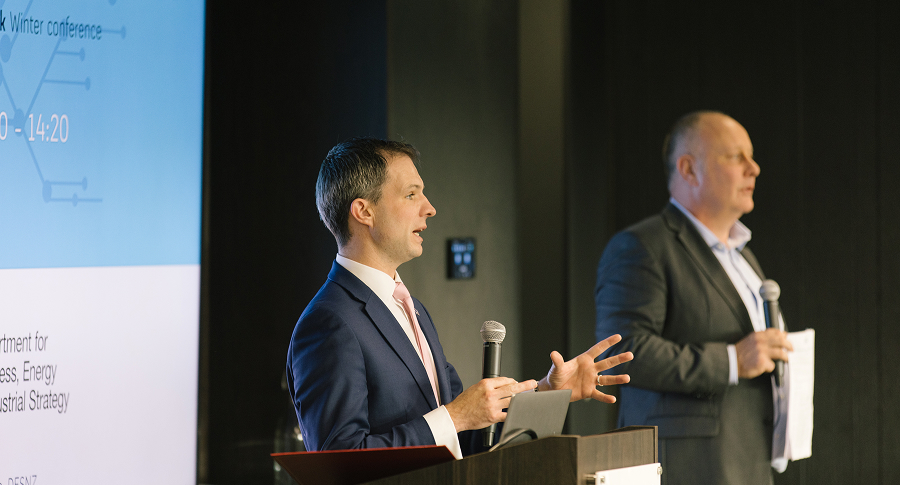Labour’s election manifesto promises to bring in much-needed changes to the planning system – but lacks detail on some critical aspects for delivering net zero.

Labour’s election manifesto promises to bring in much-needed changes to the planning system – but lacks detail on some critical aspects for delivering net zero.

Improving the planning system will be essential to meet Labour's pledge to "double onshore wind, triple solar power, and quadruple offshore wind by 2030", so we're pleased to see the Labour Party prioritising reform in its manifesto.
The commitment to immediately update the National Planning Policy Framework (NPPF) and strengthen the presumption in favour of sustainable development is particularly welcome. Our recent research identified that the NPPF does not once mention net zero and lacks priority for renewable energy development.
We hope Labour uses this opportunity to ensure that net zero and renewables are at the heart of the NPPF. We're also pleased to see the focus on ensuring that local authorities have up-to-date local plans, as many local authority policies on renewables are outdated and there is inconsistency across the country – support will be needed to ensure they are in line with national renewable energy targets.
We also welcome Labour's commitment to increase the number of local authority planners. However, this needs to come alongside improvements to the pay and working conditions as the high turnover of planning staff at local authorities creates significant challenges for projects. There is also a need for more training for planners who will be increasingly dealing with renewable energy applications, or perhaps to introduce specialist renewable energy planners working across local authorities.
Labour has previously announced it would remove the effective ban on onshore wind as one of its first acts in government. We would have liked to see a specific commitment to removing footnote 58 of the NPPF as soon as possible and clarification on whether larger projects will be treated as Nationally Significant Infrastructure Projects (NSIPs).
The Labour manifesto policies at the NSIP level are vaguer. There's a commitment to setting out new policy statements, making major projects faster and building support for developments by ensuring that communities directly benefit – but little detail on how this will be achieved.
The current government has put in place some important elements of reform, such as NSIP clean energy projects being categorised as a Critical National Priority. However, Labour has not been clear if it will continue with the development of the much-needed Strategic Spatial Energy Plan and how this will then have status in the spatial planning system. There is also a need to address resourcing challenges both within the planning system and for statutory consultees.
The commitment to ensuring communities benefit from national significant projects is also welcome. We would like to see more commitment to ensuring communities are also fully involved and engaged in the development process, from understanding why we need more energy and transition infrastructure to having a say in the projects in their local area.
Overall, Labour's Manifesto has a welcome commitment to planning reform and some important specifics – but planning is a complex and slow-moving area and it will take a new government rolling up its sleeves to turn this ambition into real change.
Sign up to receive our monthly newsletter containing industry insights, our latest research and upcoming events.